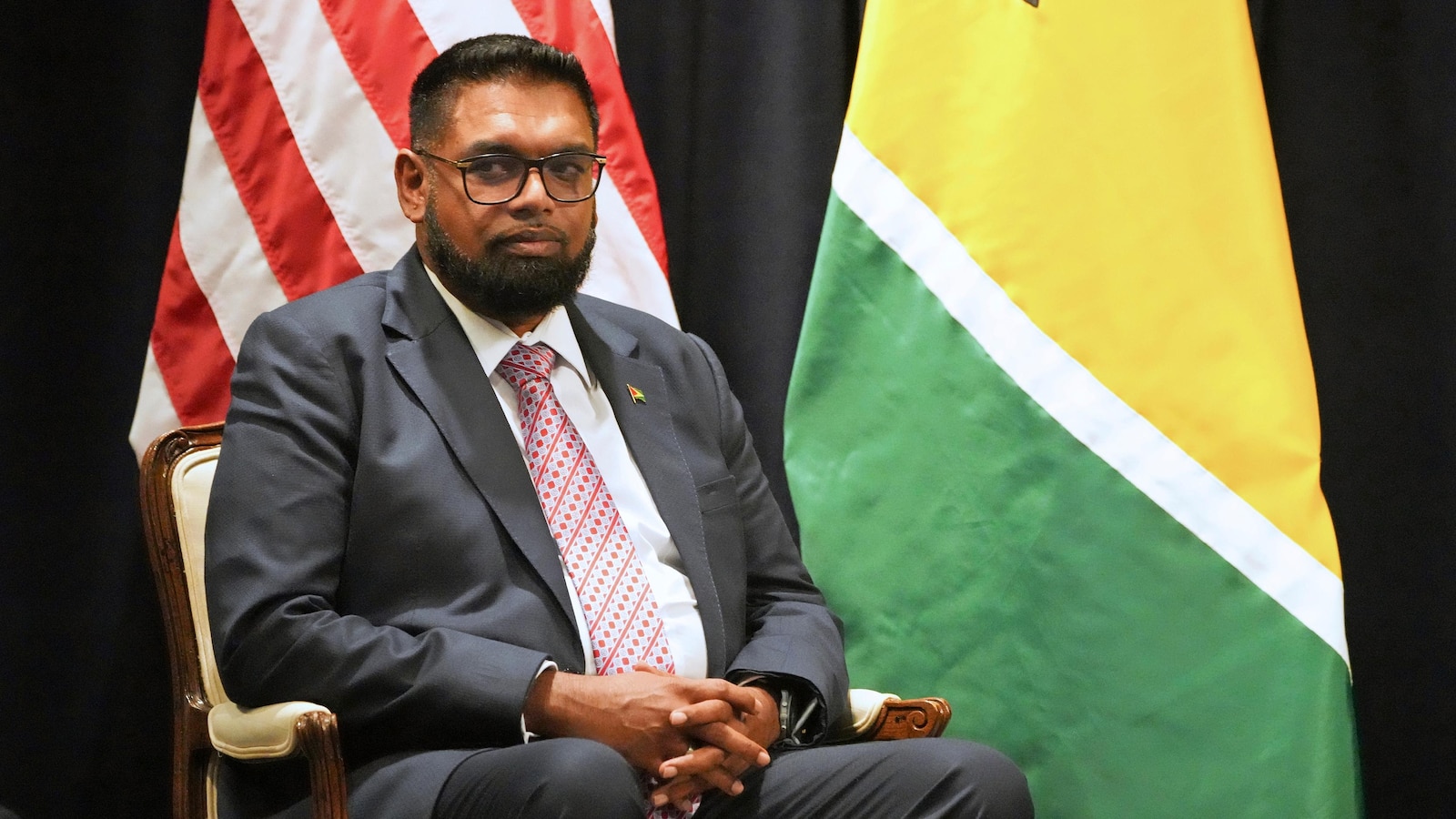GEORGETOWN, Guyana — Guyanese President Irfaan Ali announced several perks ahead of national elections next year, including free college tuition and a one-time cash payment of nearly $1,000 for every household in the oil-rich South American country.
Ali also promised to cut power bills by half and to increase the monthly minimum wage from $350 to $500 starting next year as he addressed Parliament during a special session late Thursday, noting that the recently wealthy nation of nearly 800,000 people can afford to help residents via public aid programs.
During a press conference after the session, Vice President Bharrat Jagdeo said Guyana’s budget can easily absorb the one-time cash grant to the country’s estimated 264,000 households.
“We have a $22-billion-dollar economy now,” he said.
Guyana was once one of the poorest countries in South America despite large reserves of gold, diamonds and bauxite. But it has been awash in money after a consortium led by ExxonMobil discovered the first major oil deposits in May 2015 off the country’s Atlantic coast.
Production began in December 2019, with an output of some 645,000 barrels a day expected to soar to 1.3 million by 2027.
In 2022, Guyana’s GDP grew by more than 60%, the highest real GDP growth worldwide that year, according to the International Monetary Fund.
Free tertiary education had been in place since the mid-1970s but was discontinued in the early 1990s under pressure from the IMF.
The offer of free university tuition is one of several new measures to tackle the high cost of living, Jagdeo said.
Since becoming oil-rich, Guyana’s government has launched infrastructure projects including the construction of hospitals, hotels, schools, highways, its first deep-water port and a $1.9 billion gas-to-energy project expected to lower power bills.

